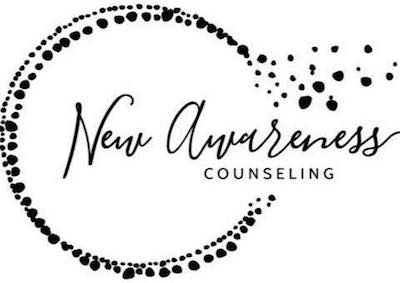Trust Factor #3
The third factor that is a part of creating and maintaining trust is accountability. Accountability seems like common sense but it is not always common practice. This requires us to take an introspective look at ourselves and own up to our mistakes. It’s admitting we were wrong, making a heartfelt apology AND changing our behavior as a result of this.
Dr. John Gottman, the leading couples researcher, calls this a “repair attempt,” which is why it is crucial to come back after an argument to discuss what happened. Even if you still don’t agree on what you were arguing about, you can admit that how you handled the situation wasn’t great. An example of a repair might be “I shouldn’t have said it that way…I can see how that sounded critical.” Or “I know you’ve been stressed out lately and that wasn’t a good time to bring that up.” This can happen during an argument as well, which can often help to deescalate. Sometimes we are unable to repair because we are too upset, in which case taking a break to calm down is in order.
Accountability is key in trust. Others will trust us more if we admit when we mess up and vice versa. If someone is unable to take accountability it can very damaging to a relationship, creating resentment and sometimes ending the relationship all together. Not being able to take accountability sends the message that the other party is unwilling to see their part in a conflict and therefore is unwilling to change.
One last note on accountability; someone who is able to effectively apologize often does so from a place of self-worth. It is being able to say “I did something wrong,” not “I am something wrong.” This is also why chronic non-apologizers are often people struggling with their own self worth. By realizing this we can hold some compassion for them and learn to set appropriate boundaries so we aren’t setting ourselves up to continue to be hurt by them.
Please read my other blog posts in this series to learn about the other factors the comprise a trusting relationship.
Best,
Ashley Mauldin
This post is inspired by the work of Brené Brown who has dedicated a portion of her research to finding out what creates and maintains deep levels of trust.

